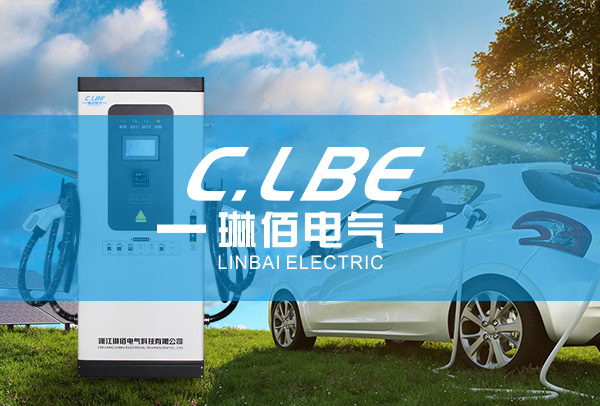
12-07 2021
Despite The Coronavirus, The Future For Solar Power In The Gulf Remains Bright
Solar energy is expected to generate $182bn of investment in renewable energy in the Middle East by 2025, according to industry experts.
The Frost Sullivan report shows that the United Arab Emirates, Saudi Arabia, Qatar, Oman, Kuwait, Bahrain, Iran, Iraq, Jordan and Lebanon are all using renewable energy.
Solar energy is expected to generate $182bn of investment in Renewable energy in the Middle East by 2025, despite the devastation caused by this year’s global coronavirus pandemic.
While experts say the COVID-19 crisis has had a negative impact on the industry due to supply chain disruptions, delays in the bidding process, plummeting oil prices and government restrictions, the available evidence suggests business is booming.
Antonio Jimenez, trina’s managing director and vice President for the Middle East and Africa, told Arab Business that the company’s global sales grew 50 per cent in the first half of 2020 and sales here remained “above 50 per cent”.
“We are seeing more delays than cancellations of projects in the market,” he said.One of the benefits of solar energy is that it is, to some extent, neutral to the economic cycle.When the economic cycle is good, people want to invest;When the cycle is bad, people want to invest because it’s one of the fastest ways to save money in a business.
“Today, solar is the cheapest source of energy, and it’s one of the quickest and easiest ways to achieve savings if you want to keep costs down.”
The Middle East is under intense pressure to reduce greenhouse gas (GHG) emissions, according to research by Frost & Sullivan.
The united Arab Emirates, Saudi Arabia, Qatar, Oman, Kuwait, Bahrain, Iran, Iraq, Jordan and Lebanon are all using renewable energy, according to the report.Installed solar photovoltaic (PV), concentrated solar (CSP) and wind power capacity in the region will increase by 57GW by 2025, and the region’s current capacity is expected to grow 18-fold.
Dubai-based SirajPower is the largest supplier of solar roofs in the United Arab Emirates.Earlier this summer, the company announced a $50 million long-term, non-recourse credit agreement with The Arab Oil Investment Company (Apicorp) for distributed solar power.
Chief Executive Laurent Longuet told Arab Business that while the blockade and restrictions on movement have affected the business, the outlook for the future remains positive.
“According to IRENA [the International Renewable Energy Agency], if renewable energy is put at the heart of the COVID-19 recovery, the world will add trillions of dollars to global GDP and create millions of new jobs by 2050,” he said.Of all renewable energy sources, solar growth will be central to achieving IRENA 2050.”
Utilities in Dubai and ABU Dhabi have invested heavily in the development of solar energy resources, which in turn has led to continued reductions in tariffs on solar photovoltaic power, which in a recent statement in the Uae capital dropped to 4.97 fils/kWh($1.35 /kWh).
Solar’s contribution to the country’s medium – and long-term decarbonization and sustainable development goals is in line with the UAE’s national energy plan for 2050.
The plan aims to raise the share of clean energy in the total energy mix from 25 per cent to 50 per cent by 2050 and reduce the carbon footprint of electricity generation by 70 per cent, with estimated savings of about us $190 billion (DDP $700 billion) by 2050.
Covering 2.5 square kilometres and with an installed capacity of 100 megawatts, Shams 1 emits about 175,000 tonnes of carbon dioxide a year, the equivalent of planting 1.5 million trees or removing 15,000 cars from ABU Dhabi’s roads.
ABU Dhabi’s Noor project in Sweihan — the world’s largest single-site solar power project — has 117.7 megawatts of installed capacity.The project cost Danish $3.2 billion (us $871 million).Covering an area of 8 square kilometers, the plant has installed more than 3.2 million solar panels, enough to meet the needs of 90,000 people.
However, the private sector is also continuing to embrace the solar revolution.
Taikang group’s Dubai International Academic City and Dubai Outsourcing City recently completed construction of two solar photovoltaic garages that will generate 4.25 kilowatt-hours of clean electricity per year, enough to power 350 homes.
Landmark Group, a leading retail and hotel Group in the Middle East and India, has signed a 2.6 megawatt peak solar Energy deal with Yellow Door Energy, a sustainable Energy supplier in the United Arab Emirates, and AMANA Investments, a leading design-build and construction company.
The deal will bring state-of-the-art, fully automated clean energy to Landmark’s AED1bn Omega DC warehouse in JAFZA.
Saraswathi Venkatesan, froST&Sullivan energy and environment research analyst, said: “Looking ahead, wind power will account for less than 20 per cent of renewable energy capacity by 2025, making solar investment relatively attractive.”

